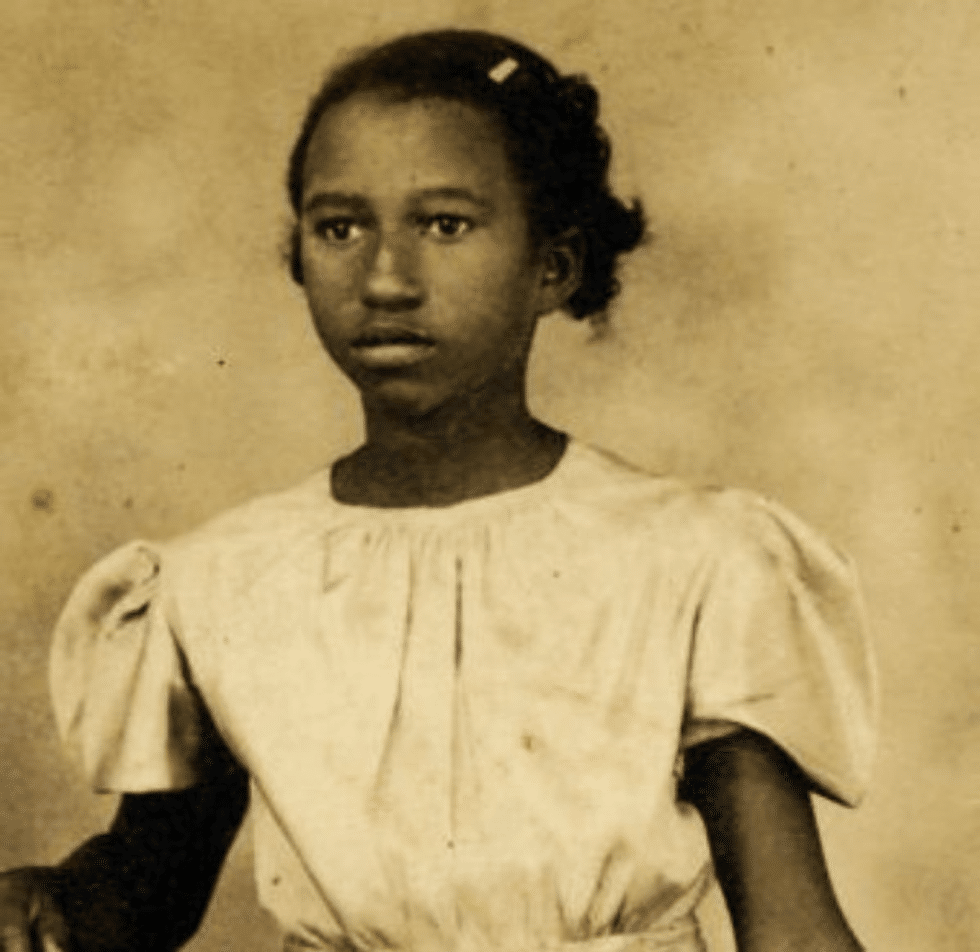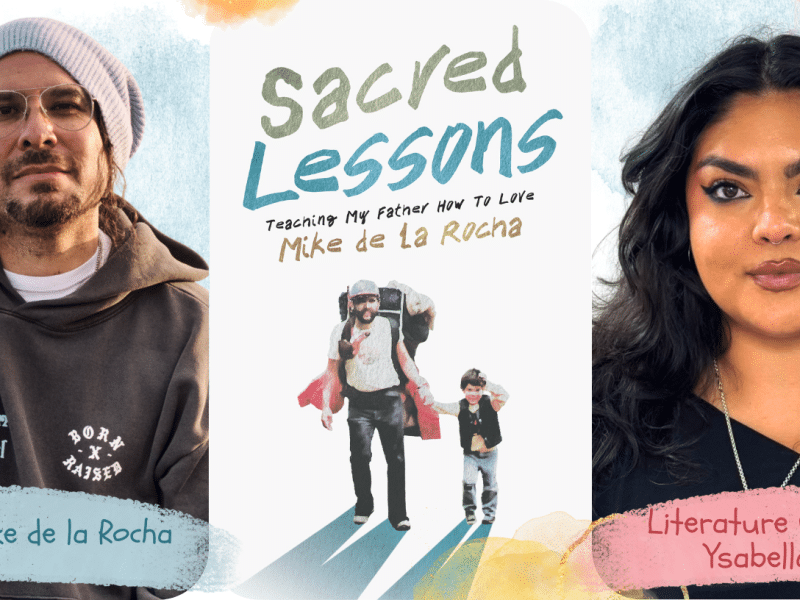Little Known Facts about the Queen of Salsa Celia Cruz
Celia Cruz’s legacy will endure for generations as she’s largely remembered for her aura of happiness and exuberance. But what else is there to know about the Queen of Salsa?

The queen of Salsa was born on October 21st, 1925 in Santos Suarez de La Habana. It’s safe to say the vast majority of Latinos can instantly recognize her powerful voice and her signature exclamation of joy, ¡AZUCAR! Her legacy will endure for generations as she’s largely remembered for her aura of happiness and exuberance. But what else is there to know about the Queen of Salsa?
Her Talent was Discovered as a Child
Celia Cruz had three younger siblings and numerous cousins. When they were all little, she would sing lullabies for them to go to sleep; this is where her passion for singing came from. Her mom noticed her talent right away (that voice would’ve been hard to miss) and would encourage her. Her dad wanted her to be a school teacher. She decided to follow her father’s wishes and even went to the Normal School for Teachers (yes, this is the real name; this is what teaching schools were called back in the day).
Still, her heart was never in it, so just as she was about to graduate, she decided to leave the teacher career path and go to the National Conservatory of Music to pursue her dream instead – what the world would have missed if Celia hadn’t followed her heart.

Source: hiplatina
Celia was exiled from Cuba, and her music is banned there.
Celia Cruz dedicated her life to defending freedom of expression and was actively part of campaigns against the Cuban revolution, refusing to bow to Fidel Castro. Celia was performing with her band at the time, La Sonora Matancera in Mexico, when relations between the US and Cuba came to a halt. She ultimately decided not to return. A couple of years later, she settled in the U.S. after stating that she had decided to abandon everything she loved after realizing Fidel Castro was implementing a communist dictatorship in Cuba. It wasn’t until her mother passed, and she tried to return to Cuba to attend her funeral, that Cruz was hit with the news that she could not enter her own birth country as Castro had exiled her. To this day, her music is still banned in Cuba.

Celia Cruz Latina GIF by Latin GRAMMYs –Giphy
She was also a movie star
Celia was not only a singer and composer, but she was also a talented actress. Known for films such as “Carlito’s Way” (1993), “Amores Perros” (2000), and “Tower Heist” (2011). Telemundo also released a telenovela based on her life called “Celia,” which is a beautiful homage to the legend.
Where the famous ¡AZUCAR! comes from
While having dinner at a restaurant in Miami, a waiter asked her if she wanted sugar in her coffee, to which she answered: Chico, you’re Cuban, how can you even ask me that? Con AZUCAR! She loved retelling this story to her audience, and that eventually turned into her yelling AZUCAR at random. We love to see it. ¡AZUCAR!
Her African roots heavily influenced her sound
Celia Cruz was extremely proud of being Afro-Latina, and her music was an homage to her origins. She mastered a wide variety of Afro-Cuban music styles, including guaracha, rumba, afro, son, and bolero. Her music even incorporated “pregón,” a popular practice by street vendors of yelling loudly to sell their products.
Early in her career, she incorporated Santeria into her music. The religious blend of Yoruba and Catholic practices uses Batá drums of different sizes in various ceremonies. Her music was the ultimate tribute to the beautiful diversity of her Cuban roots.





